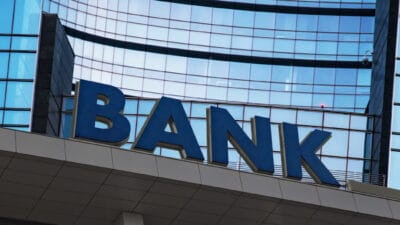If you are wondering why the most expensive ASX big bank stock is outperforming its peers recently, I'll give you a hint – it's something to do with the key reason why investors buy into the sector.
For those who haven't worked it out, it's dividends that's driving the Commonwealth Bank of Australia (ASX: CBA) share price lately with the stock jumping 5.6% over the past month, leaving the National Australia Bank Ltd. (ASX: NAB) share price in second spot with a 4.3% gain.
Meanwhile, the Australia and New Zealand Banking Group (ASX: ANZ) share price is up 3%, along with the S&P/ASX 200 (Index:^AXJO) (ASX:XJO) index, and the Westpac Banking Corp (ASX: WBC) share price is 0.5% in the black.
Dividend stripping strategy
Interestingly, the CBA share price is the only one of the four that has hit a 52-week high and it doesn't even have the highest yield.
But its run doesn't surprise me as investors have jumped into the stock in their bi-annual dividend stripping exercise.
Yup, Commonwealth Bank is the next to be paying out a juicy dividend and those wanting to qualify for the franking credit and not worry about the 45-day holding rule before selling the stock after it goes ex-div will probably want to be piling in about now.
Australia's largest bank tends to report its full year results in early August with the stock going ex-div around middle of that month. The ATO only allows Australian investors to claim the franking if they hold the stock for at least 45 days (47 days if you include the day you buy and sell the stock).
Dividend strippers don't hang around for long after a bank stock goes ex-div (trade without its dividend entitlement) as they will sell out to buy the next big bank to pay a dividend.
The other three big banks have a September year end and will release their results and dividend in end October or early November. In case you are wondering, ANZ Bank will be next after CBA.
Most expensive big bank stock
But the dividend timing doesn't explain why CBA trades at a price-earnings (P/E) premium to its peers. This is pretty normal as CBA has historically traded on a higher multiple as it generates a superior return on equity (ROE) compared to its peers.
While the ROE for the sector has fallen over the last year or two, CBA is still expected to produce a ROE that is above the sector and its leadership in technology means its best placed to withstand the possible disruption posed by fintech companies and Facebook, Inc. with its ambitious cryptocurrency plan.
For these reasons, CBA is my preferred big bank stock and I won't be surprised to see the stock make further gains heading into the reporting season.
The experts at the Motley Fool have also picked their favourite ASX bank stock for FY20. Follow the free link below to find out what this bank is and why it should be on your watchlist.








